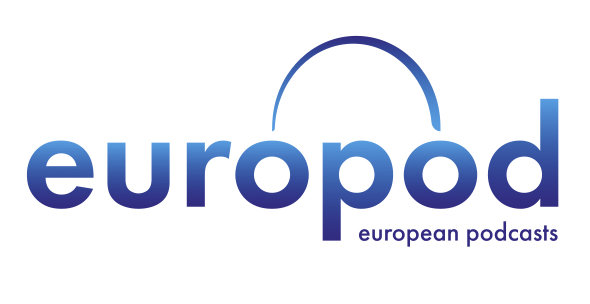[ad_1]
What is a sustainable and inclusive business model (SIBM)? What role do they play in helping to achieve sustainable development? How are they different from regular business models? These are the questions answered in episode 9 of CONCORD’s Talking Development podcast. CONCORD is the European Confederation for Relief and Development NGOs.
A sustainable and inclusive business model differs from a conventional business model in the fact that its goal is not to maximize profit, but rather to achieve well-being for all the people involved, both employees and workers, while respecting the limits of our planet’s natural resources.
As of today, around 279.4 million people are involved in cooperatives that follow a sustainable and inclusive business model. One of the latter was established by Fátima Ihihi, who is founder of Toudarte, a co-operative based in Morocco that employs local women in order to produce Argan oil and other similar products.
SIBM: the case of Toudarte
Toudarte is “a family agriculture co-operative which is specialized in producing and selling argan and vegetable oils”, states Ms. Ihihi. Toudarte launched in 2004, but at first it wasn’t easy to convince the Moroccan women now employed in the co-operative, as “the Moroccan tradition is that women should only take care of their house and not work”, recalls Ms. Ihihi. “We began with just 29 women, crushing nuts with their hands” but then, in 2006, the Moroccan government stepped in, providing the necessary financial support in order to buy the machineries needed to grow their business. The co-operative has greatly helped in improving “the social status of Moroccan women, helping them in taking care of their family and encouraging them to work to educate their children”.

By producing argan oil, the women working there have been able to “stop being dependent on their husbands and becoming financially independent”. But the purpose of Toudarte is not to just financially help Moroccan women: it also helps the environment by making people more aware of the need to protect argan trees, and they do so by planting new trees when one is cut, “to ensure the durability of the trees” and the sustainability of their business.
So what’s a typical day in the life of a Toudarte employee? “The women come in at 10 or 9 in the morning. They can have breakfast and then begin crushing the nuts – says Ms. Ihihi, who goes on – “and then spend all day in the co-operative, until 5 or 6 p.m”. Their facilities are also equipped with a nursery where the women employed can leave their children for the day, if they need it. As with most businesses around the world, Toudarte has been affected by the Covid-19 pandemic as well, obliging them to work from home, during a time when it was essential to help women financially and providing them with food.
But what role does the EU play in all of this?
CONCORD’s Mind Our Business report, examines how the European Union can amplify their power through international cooperation, trade, investment or economic diplomacy from the renewed partnership with Africa. In fact, as the report says, “the European Union’s international partnerships, development cooperation, trade and economic diplomacy strategies all refer to the important role that the private sector plays in achieving sustainability and poverty reduction objectives”.
However, they often “translate this into policies to support trade and investment by European companies in European Union (EU) partner countries”. The assumption being that this will trickle down and create decent jobs. But little attention is paid to the fact that most of these companies have prioritised maximising the extraction of resources instead of generating long-term positive societal and environmental returns.
Ms. Ihihi’s story shows how “sustainable and inclusive enterprises can rebuild a better economy for the people and the planet by reducing inequalities, creating decent jobs, reaching out to people that are marginalised and contributing to the urgently needed ecological transition”, especially in the times we’re living in, “as governments forge a path out of the Covid-19 crisis”.
Can the EU strike a balance, between the politics of institutional meetings exemplified by flags and a politics of bodies? The full debate in the podcast at the beginning of this article.

[ad_2]
Source link